Good news: the largest Dutch pension funds voted in favor of almost all climate resolutions at shareholder meetings of North American banks this year.
Here are the toplines:
- Two of the world’s biggest pension funds, ABP ($511 billion AUM) and PFZW ($301 billion AUM), voted in favor of phase-out policies for fossil fuel expansion, absolute emission targets and Paris-aligned transition plans at banks such as Bank of America, Wells Fargo and Goldman Sachs.
- Based on privately-accessed data, the majority of the biggest Dutch pension funds supported all climate resolutions at North American banks. Of the pension funds that publicize their data, only two pension funds did not support those resolutions, notably the Rabobank and ABN Amro pension funds.
- Strikingly, ING’s pension fund did support climate resolutions that demand a phase-out policy for fossil fuel expansion, while the mother bank of this pension fund – ING – continues its fossil fuel build-out.
Let’s break down why this is so important. Just three years ago, most Dutch pension funds did not support these kinds of climate resolutions and were heavily invested in fossil fuel companies. An in-depth analysis of ABP’s voting behavior of 2021 shows that ABP did not support resolutions that demand Paris alignment and/ or a phase-out of fossil fuels at banks. ABP and PFZW also abstained from climate resolutions at oil majors such as Shell and BP stating that those were “too prescriptive”, or stating that they “add little to earlier climate commitments made by the oil companies”.
But since then, much has changed. After a people-powered campaign with numerous petitions, open letters, demonstrations, actions and a threat of a lawsuit, ABP announced in October 2021 it would divest from fossil fuel producers, citing climate concerns and pressure from its own members as reasons for this sudden move. ABP explained that shareholder engagement with fossil fuel producers had not resulted in sufficient results: “We part with our investments in fossil fuel producers because we see insufficient opportunity for us as a shareholder to push for the necessary, significant acceleration of the energy transition at these companies”.
The pension giant announced it would shift its attention to starting intensive engagement with the large fossil energy consumers, such as electricity companies, the car industry and aviation, where it felt its engagement effort could make a difference. Shortly after, ABP added the financial sector as one of the areas where it would step up its engagement. Dominique Dijkhuis, the head of investments at the fund said: “The financial sector has really lagged. If you say you’re committing to a climate course and then still actively granting loans to new fossil products, that’s just not aligned,” she told Bloomberg.
PFZW, the second biggest Dutch pension fund, was also heavily criticized by their own pension members and climate activists for their fossil investments. Instead of direct divestment, PFZW chose a different strategy. It announced in February 2022 it would start intensive engagement with fossil fuel companies and expected a Paris-aligned climate action plan from them. Ever since, the pension giant has been gradually selling companies that make insufficient progress. Currently, 78 fossil fuel companies are still in their portfolio, while hundreds have already been sold. The companies that remain as of yet all say they are committed to the 1.5-goal of the Paris Agreement, but PFZW is now requiring they come up with a “convincing and verifiable strategy for their climate transition by 2023, including short and medium-term objectives in line with ‘Paris”. If they fail to do so, they will also be excluded from the portfolio. Chances are high that there won’t be fossil fuel producers in the portfolio of PFZW at the end of this year.
When the pension funds announced their divestment strategy, they also announced they would strengthen their voting policy. In the 2022 AGM season, they did indeed improve their voting, but the pension giants still did not support all climate resolutions. However, looking at their voting behavior at the American banks’ annual general meetings this year, it’s clear that they have really stepped up their game. Both ABP as PFZW also sharpened their own CO2-reduction target, and included an absolute reduction target of 50 % in 2030, compared to 2019 for either the entire portfolio (ABP) or equities, liquid credit and the entire real estate portfolio (PFZW).
PGGM – PFZW’s asset manager – joined forces with MN to be a co-lead investor of Shell for Climate Action 100+. Recently PGGM announced it will support the Follow This climate resolution at Shell’s shareholders’ meeting, being the first Climate Action 100+ lead investor of Shell to endorse a Follow This shareholder resolution.
Many other Dutch pension funds also supported climate resolutions. Click to see an overview of votes. This includes the ING pension fund, which for example supported a resolution that demands a phase-out plan for fossil fuel financing. Its mother bank ING is still heavily invested in fossil fuels, and has been a target of climate campaigns in the Netherlands. The Dutch television program Pointer found out that ING pension fund is planning to sell most of its fossil fuel holdings, as it will adhere to the guidelines of the European Climate Benchmarks. Unfortunately, the pension fund of ABN Amro has not supported the climate resolutions.
With a climate crisis that is raging on, major Dutch pension funds are stepping up their game by divesting from fossil fuel companies that do not have Paris-aligned plans, supporting climate resolutions and setting up engagement strategies for banks and large fossil fuel consumers. This is a big leap forward, because as recently as 2021 they were heavily invested in fossil fuel companies, used weak and inconsistent excuses not to support climate resolutions, and had no strategy on banks. Thanks to climate activism and pension members holding their own pension fund to account, these funds have taken a step forward. It is time for pension funds worldwide to follow this Dutch climate leadership.

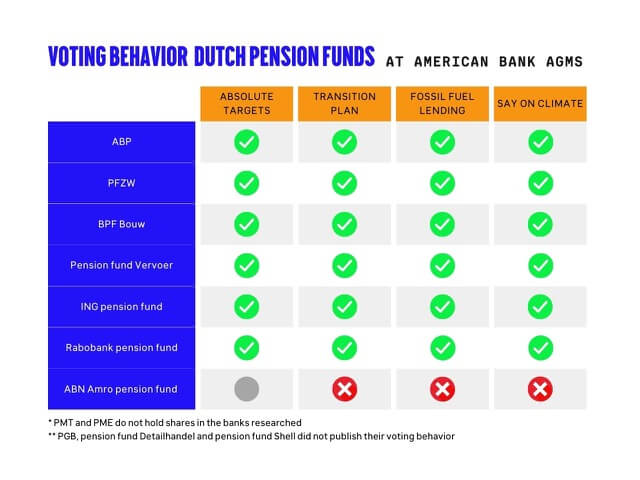







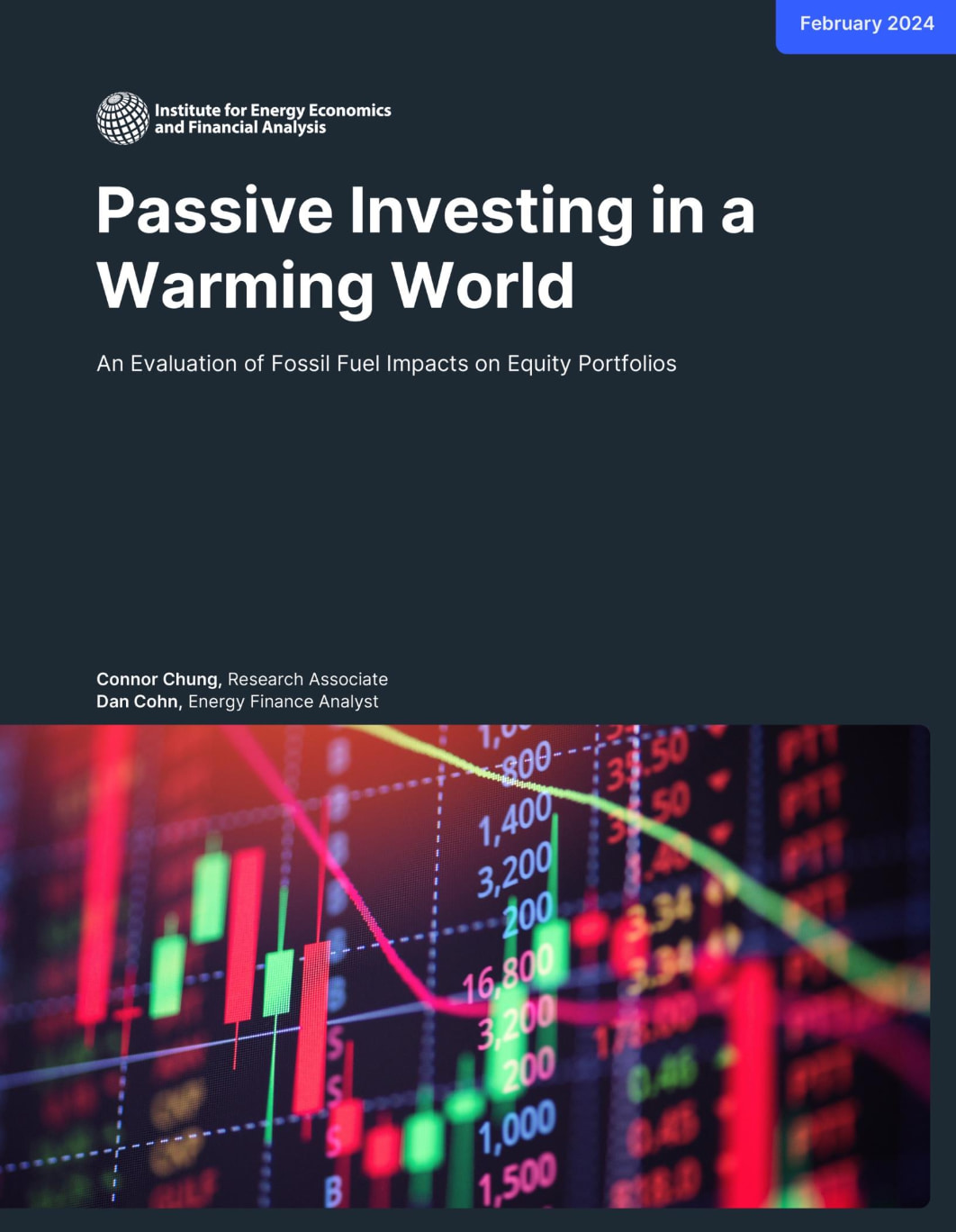

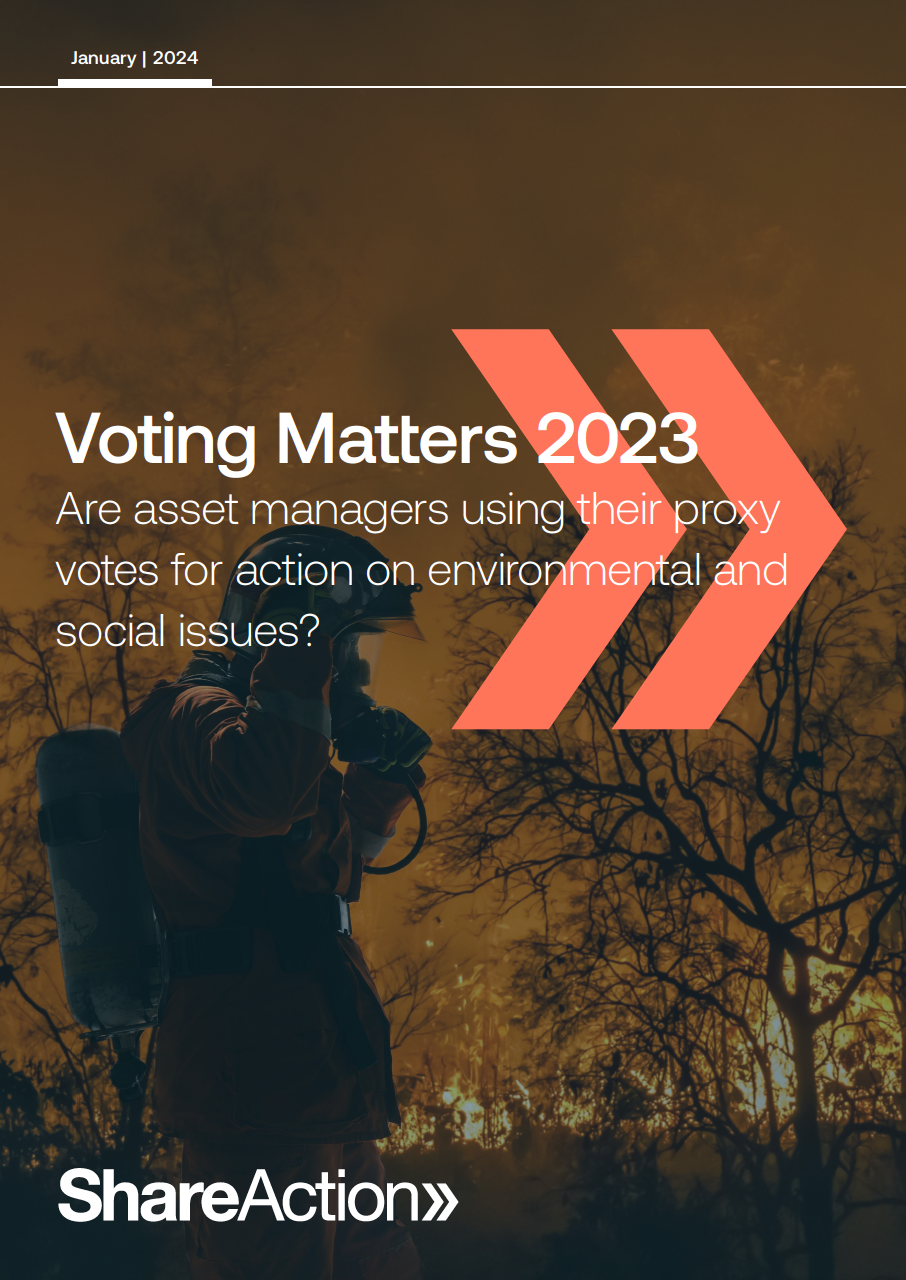










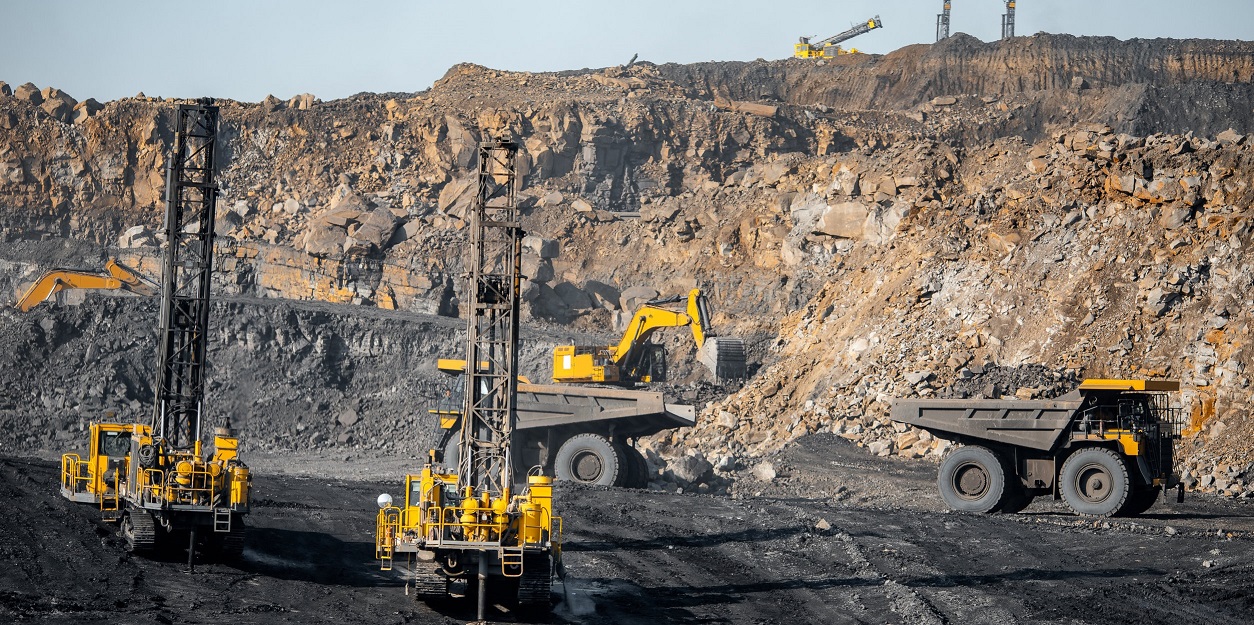





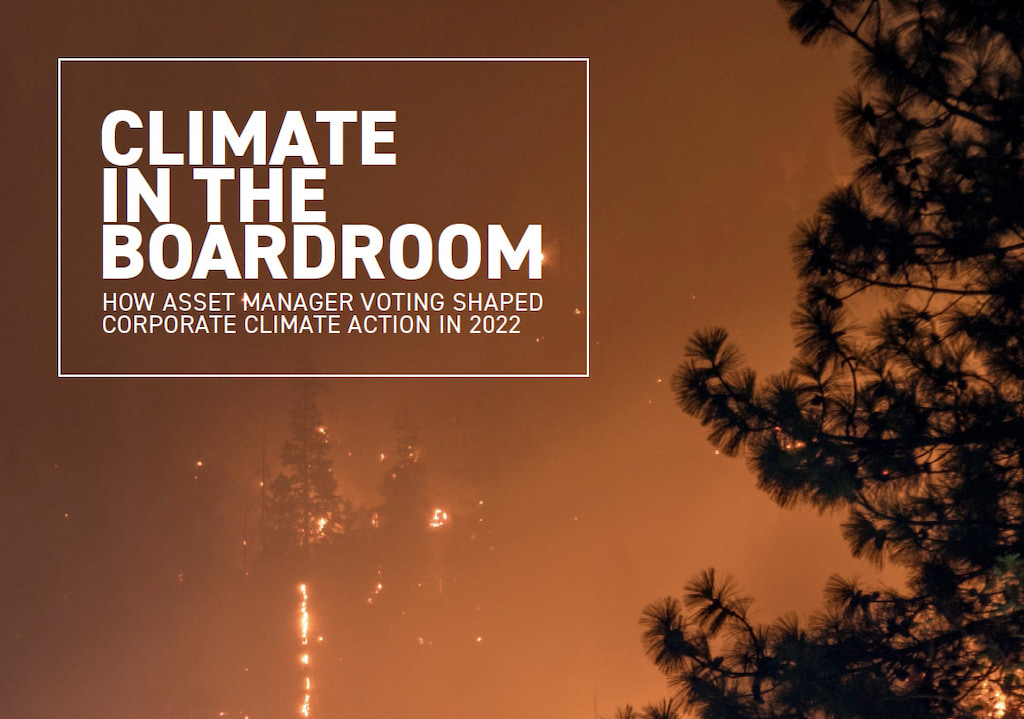






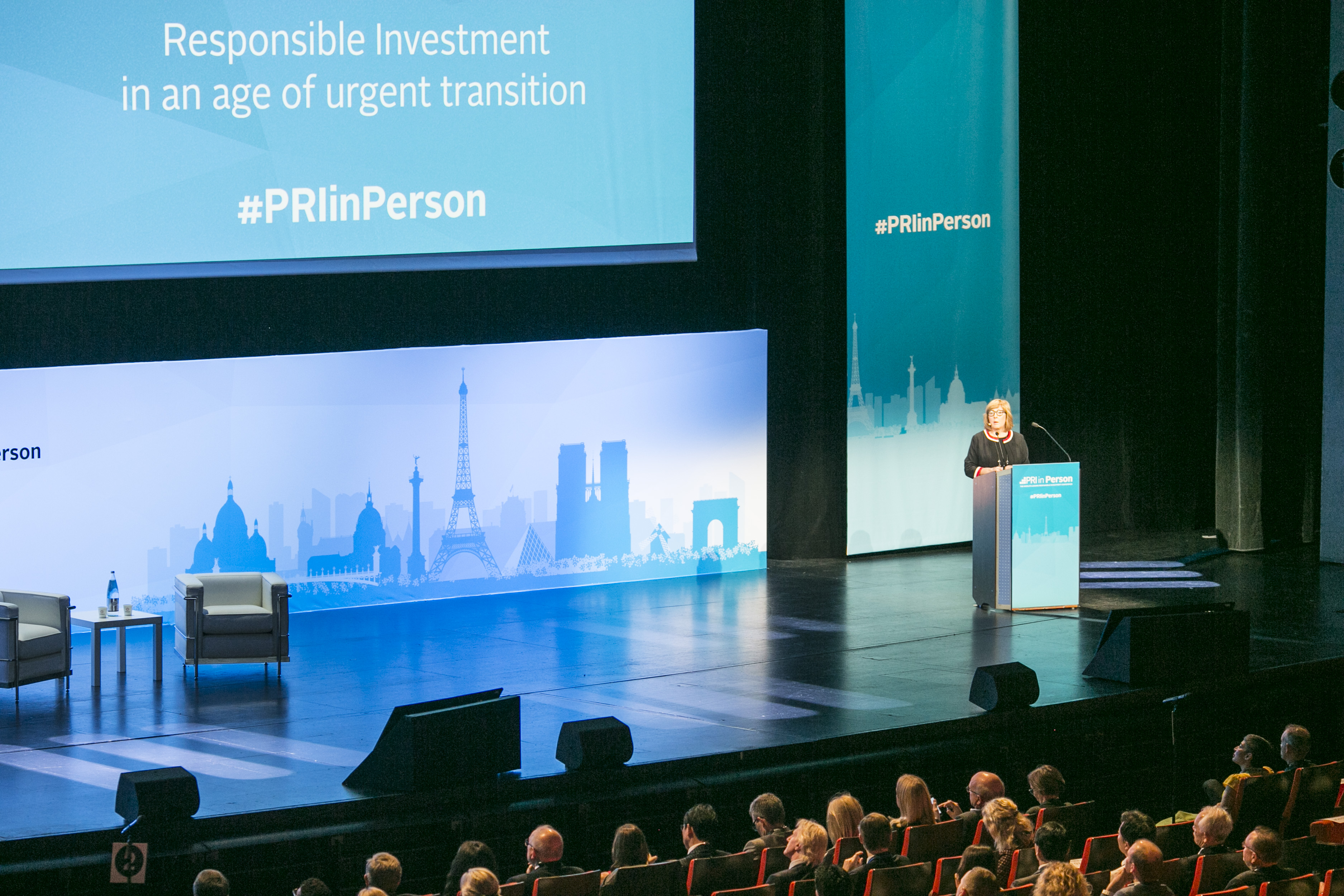

























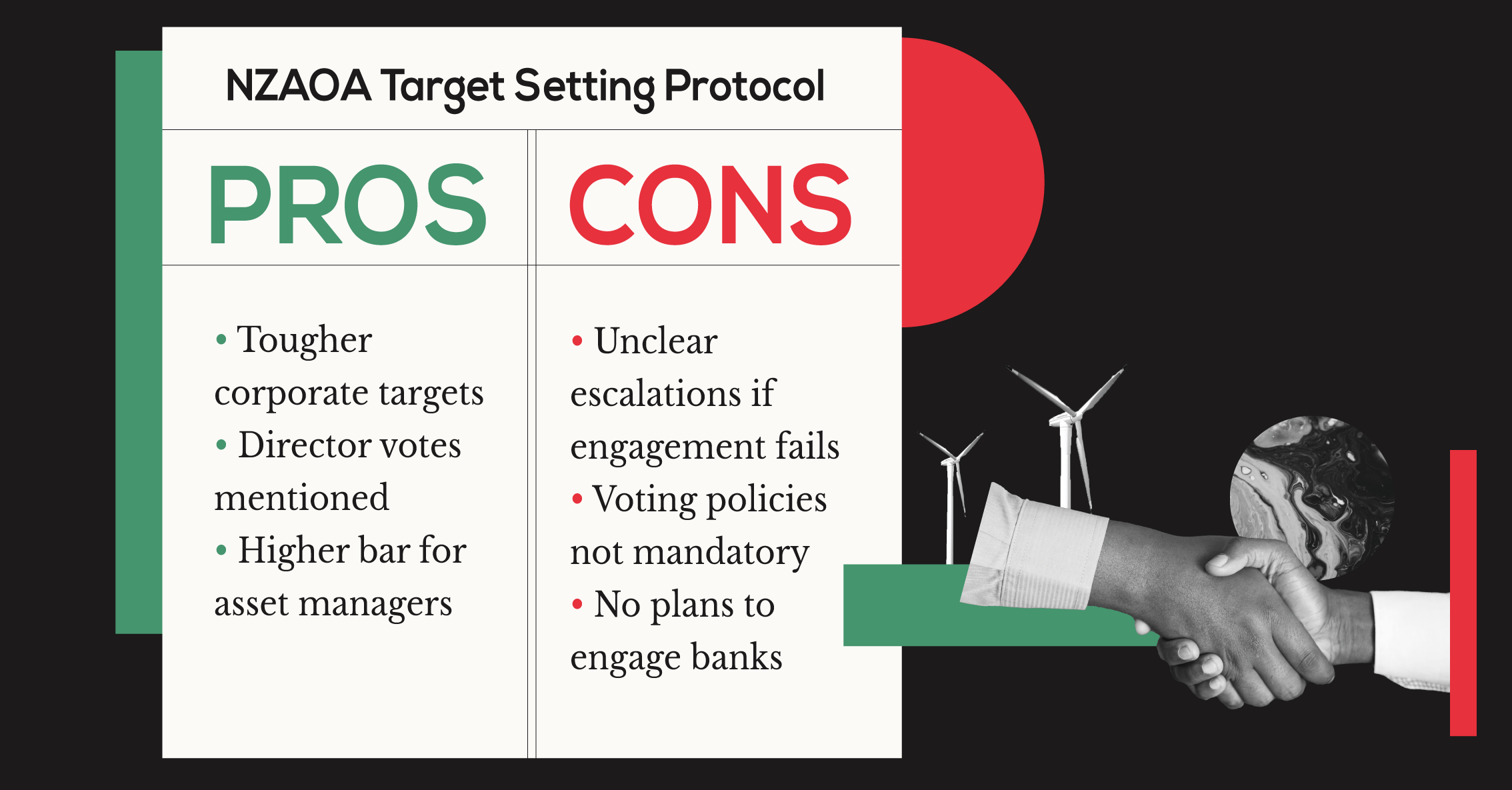
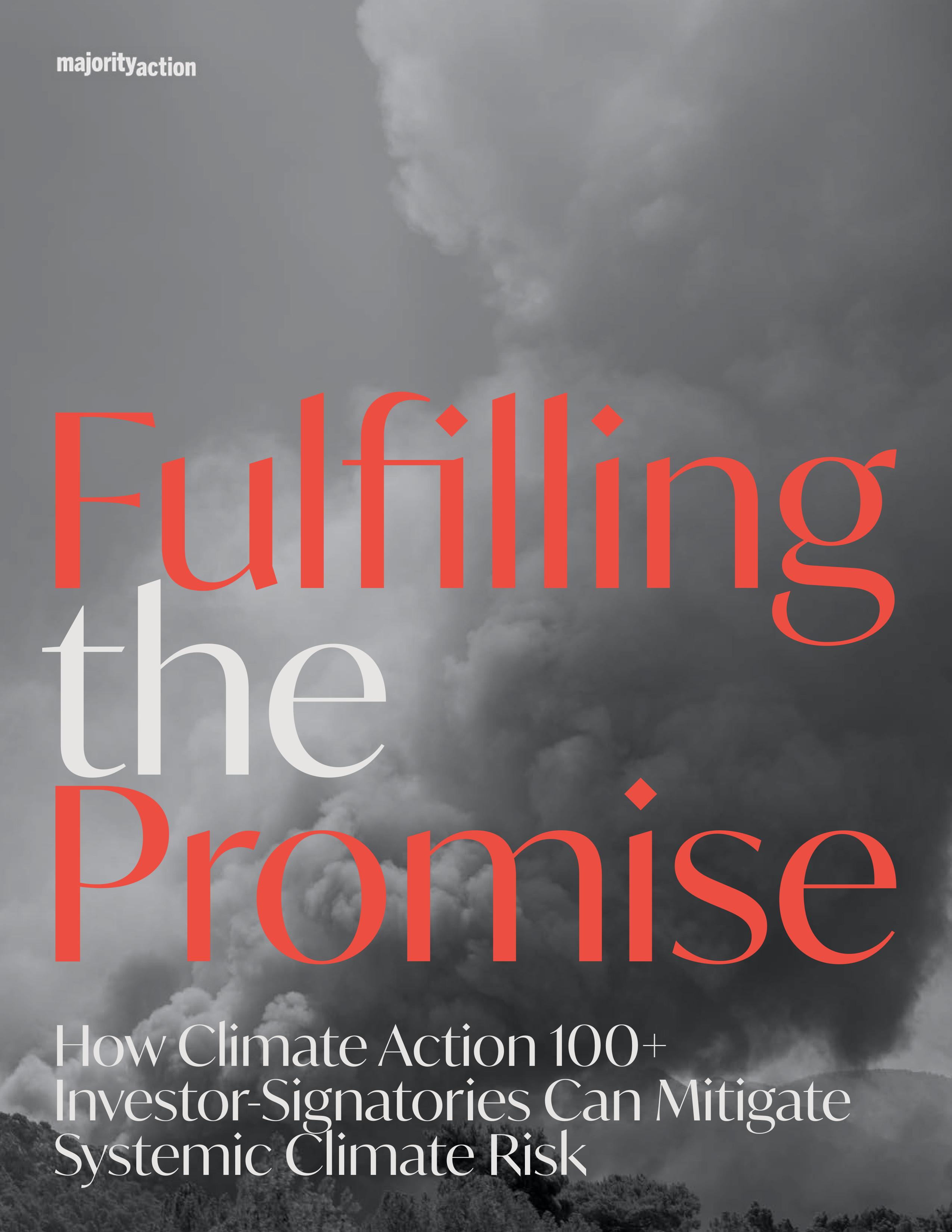


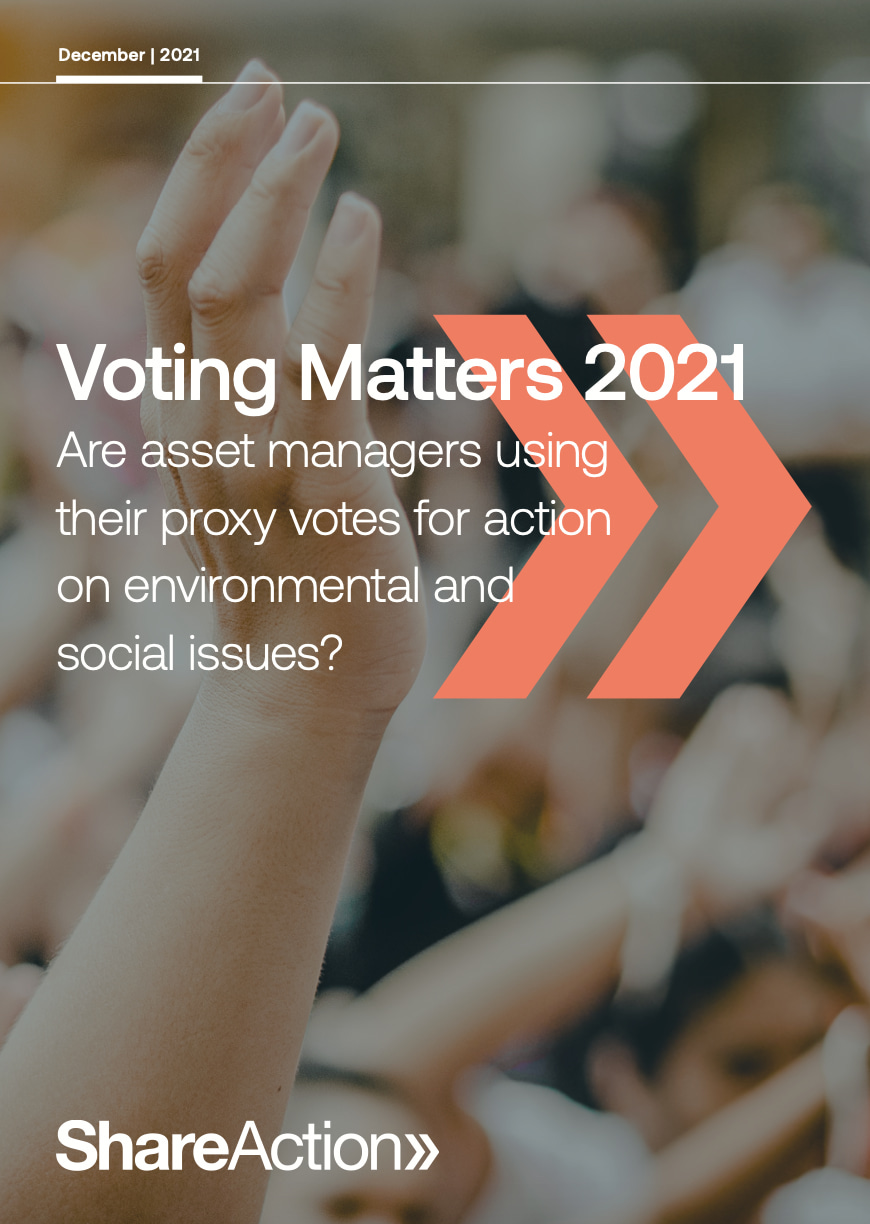
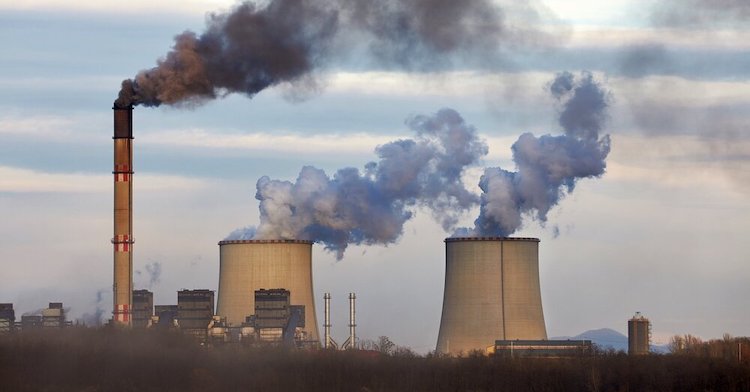







Share